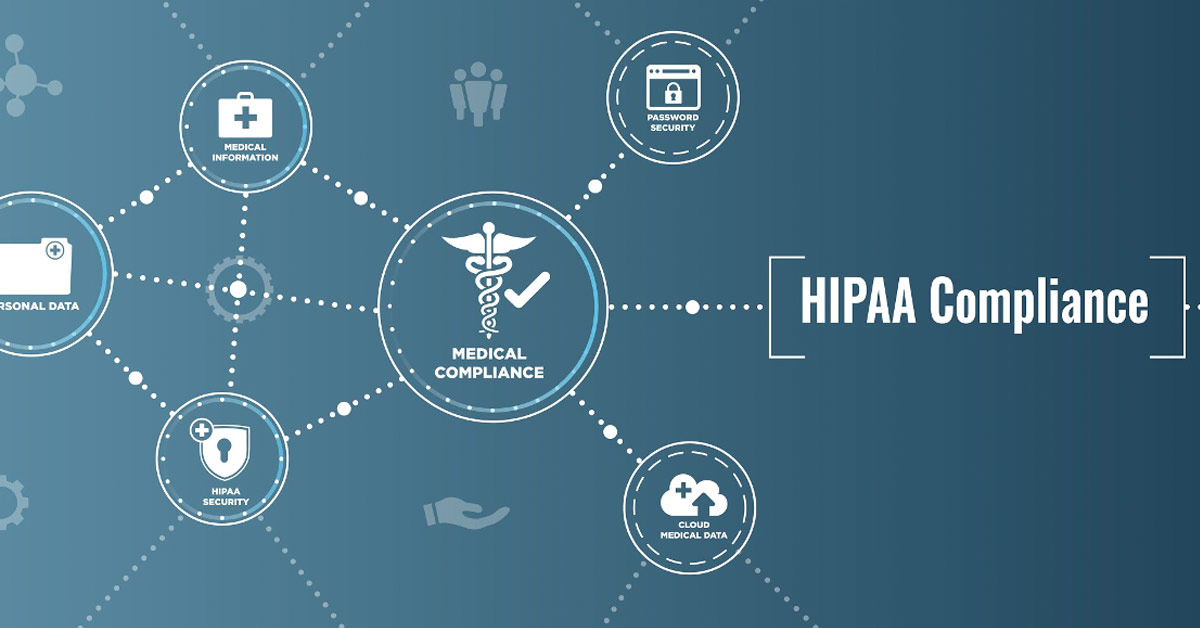HIPAA compliance is vital for healthcare providers. The federal law provides patients with increased security and privacy and gives patients more control. It is crucial that you make sure that any new system you implement remains in compliance with HIPAA’s regulations. Technology is evolving with incredible speed.

HIPAA compliance is difficult especially for businesses that are trying to grasp what HIPAA signifies and how it affects them. HIPAA compliance is mandatory for health providers and people working in the insurance sector. To ensure compliance, it is vital to review the rules and make sure that the procedures are implemented. Although it can seem difficult to comply with the law, it’s a fact that compliance is vital. It will provide greater data privacy protection and better service, as in avoiding penalties. By understanding the scope of HIPAA covers and taking the necessary steps, organizations can make sure they’re taking the necessary measures in accordance with its regulations.
HIPAA rules can be quite strict. However, proper security and privacy measures are designed to secure the most valuable of possessions: data. As the healthcare industry has been increasingly transforming to digital technology, such as Electronic Medical Records (EMR) and more safeguards have been required to prevent any unnecessary or unauthorized disclosure of patients’ private information. While guidelines have been set and are in place, it is imperative to ensure that individuals adhere to these regulations. For this reason, HIPAA remains vigilant in these issues in order to better ensure one’s safety and security.
HIPAA is a crucial security measure for those in the medical sector and the patients whose information is stored. It provides covered entities (CEs) and business associates (BAs) the option to determine if they want to implement an addressable specification. The decision is dependent on a variety of factors, including an assessment of risk, mitigation strategies, and the existing security measures. It is also contingent on the costs of implementation. CEs and BAS could take a look at alternatives or opt not to implement the measures entirely if this is possible given their circumstances. HIPAA will encourage them to make informed decisions regarding data protection and security, thereby establishing a balance between technical measures and control by the user of sensitive information.
Many companies are able to reap the benefits of HIPAA compliance. In compliance with the rules set forth in the Health Insurance Portability and Accountability Act (HIPAA) businesses are able to safeguard the health data of their customers, clients, or patients, making sure that it’s kept safe and safe. Compliance also ensures that individuals’ medical data is used exclusively for their benefit and that of their healthcare providers. HIPAA compliance grants individuals the freedom to make informed decisions regarding how their private health information is used and handled. This provides them with confidence that no third party can access it or modify it without their consent. HIPAA compliance can help organizations reduce the risk of a bad reputation through assisting them to avoid legal or financial penalties arising from mishandling of patient data. In the end, adhering to HIPAA standards will ensure an enjoyable experience for patients with better protection of sensitive medical records.
There are a few items to think about when thinking about HIPAA compliance. It is important to understand the law so that you are able to comply with the law. It is also recommended to speak with an expert who can help you interpret the law and establish the processes and systems. It can be challenging to achieve full compliance, however it is essential for safeguarding the rights of your patients as well as protecting their personal medical information.
For more information, click subtitle of hitech

